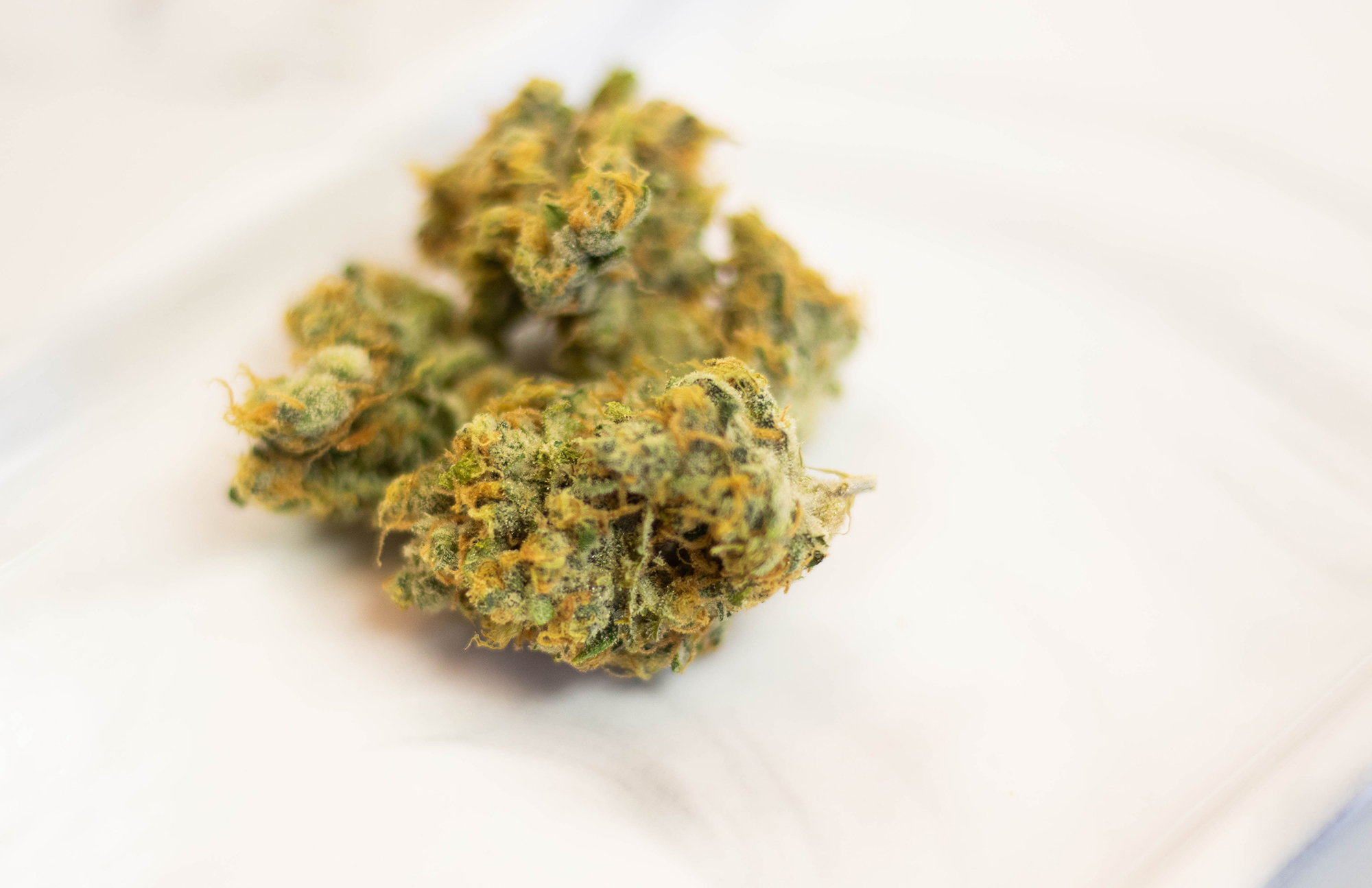Maryland lawmakers filed legislation Friday to create a regulatory framework for the state’s recreational cannabis market.
This omnibus bill comes several months after Marylanders voted to legalize cannabis possession for people 21 and older, effective July 1.
The General Assembly has until the end of its legislative session in April to pass a bill establishing the regulations surrounding the state’s cannabis market.
The 88-page bill proposes a sales tax, licensing system and additional regulations around distribution.
Howard County Democrat Vannessa Atterbeary and Charles County Democrat C.T. Wilson proposed the bill in the House of Delegates, and Montgomery County Democrat Brian Feldman and Baltimore Democrat Antonio Hayes proposed it in the Senate.
Starting July 1, recreational cannabis will have a sales tax of six percent if the bill passes. Each fiscal year, the sales tax will increase by one percent until it reaches a maximum of 10 percent in 2028. This tax will not apply to medical cannabis.
[UMD sticks to cannabis policy despite state referendum, rise in medical card holders]
Under this bill, most of the money from the sales tax will go toward the state’s general fund. Thirty percent of the revenue generated will go toward a recently created Community Reinvestment and Repair Fund. This fund’s purpose is to provide money to community organizations in areas determined by the state’s attorney general office “to have been the most impacted by disproportionate enforcement of the cannabis prohibition.”
The office of the comptroller’s Maryland Alcohol and Tobacco Commission — which would be renamed the Maryland Alcohol, Tobacco and Cannabis Commission — would be in charge of regulating cannabis under the new legislation.
The bill also proposes encouraging communities that were most negatively impacted by the war on drugs to participate in the regulated cannabis industry through a new social equity office.
“It’s a $2 billion industry coming to the state of Maryland and I’d like to make sure African Americans have a chance to participate,” Wilson said in an interview with The Baltimore Sun.
Sellers that already have medical cannabis licenses will have the first chance to obtain recreational cannabis licenses. More than 400 licenses could be issued for growing, processing and dispensing.



